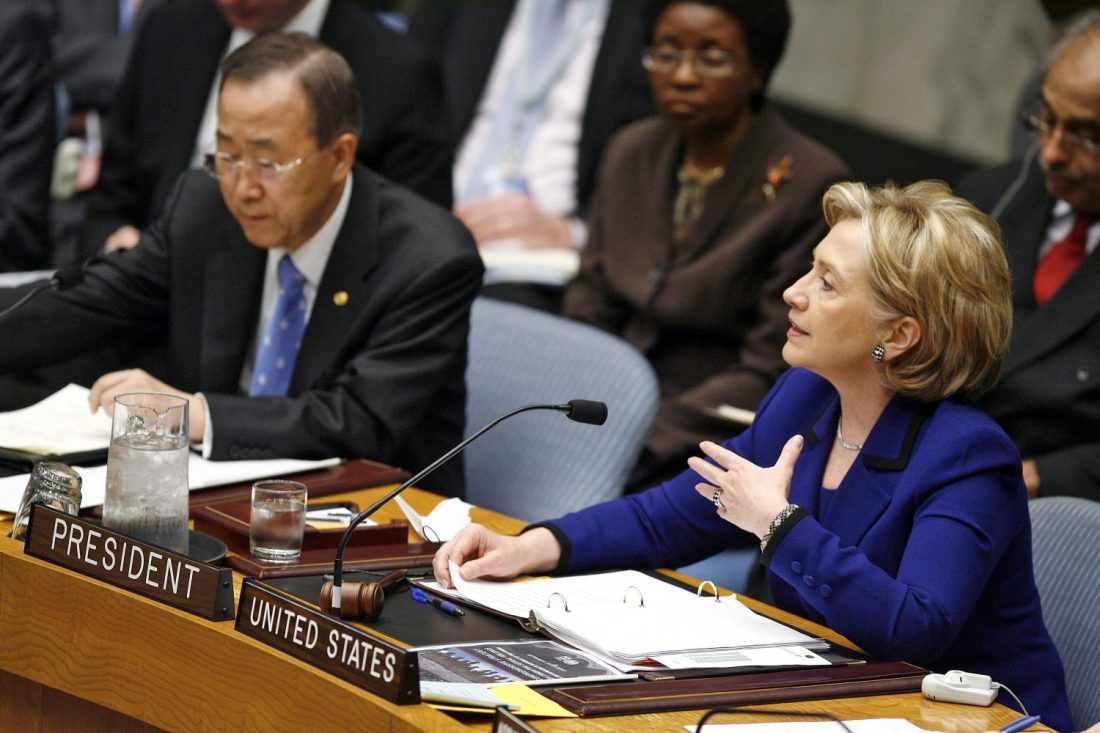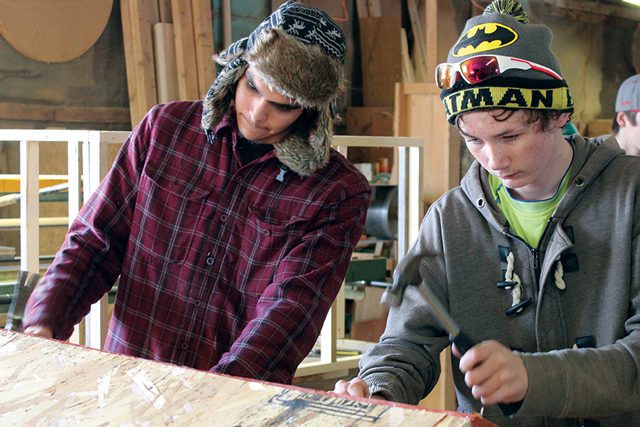“God moves in mysterious ways”—and “miraculous” ways as well.
“The Salvation Army’s service to the people of Haiti has been achieved by miraculous interventions by the hand of God,” Lt. Colonel Dan Starrett stated with a catch in his throat during an exclusive telephone interview with New Frontier. “It’s just a miracle—truly a miracle.”
The four territories in the United States have delegated to The Salvation Army World Service Office (SAWSO) responsibility for this country’s response to international disasters. Starrett, as its executive director, visited Haiti about a month after the devastating quake. He found the infrastructure of the nation extremely fragile with thousands of people in and around Port-au-Prince homeless, hungry and injured, with large numbers of people still buried in the ruins. Along with support from IHQ Emergency Services, the Caribbean Territory and Haitian divisional leadership, the Army’s presence is ready and willing to help in any way possible.
Starrett was confronted by multiple immediate essentials—food, water, medical supplies and personnel. Then he saw the first of God’s major interventions as others began to organize all forms of medical assistance. Just a few days prior to the disaster he had finalized an arrangement with the Numana Organization to provide meals to starving people. They had completed extensive studies in Haiti concerning the cultural relevance of the product, the nutritional needs, and the actual content—and they had more than a quarter of a million meals already prepared for shipping.
Next, SAWSO needed a way to get the food to Haiti—air and ground transport and storage. Once again, God provided a solution: ProLogis, a worldwide warehouse firm provided a 155,000 square foot warehouse in Miami, and UPS/FedEx assisted with trucking and air transport. The first food in Haiti following the quake were the 288,000 Numana meals, loaded in a large aircraft and delivered into Port-au-Prince when most organizations could not get into the airport.
God also saw fit to assist with the arrival of the 82nd Airborne Division who were able to maintain order and support as the food and water were distributed. United Nations personnel also performed this role.
Five water purification units were set up, which generate 50,000 gallons of purified water a day. The water is available on Salvation Army property.
The Army became responsible for over 18,000 displaced people living on a Port-au-Prince soccer field. Crude makeshift housing give families some privacy. Large generators provide lighting at night for safety, or gender protection.
When asked about long-range plans, Starrett replied that we “need to help families get into temporary housing and into proper neighborhoods.” On the telephone, he was just leaving a Colorado lumber mill where the Army has obtained lumber for 5,000 transitional houses.
“Many problems continue to confront us, but the Army has competent personnel on hand. All of them know where to go for help,” he said.












